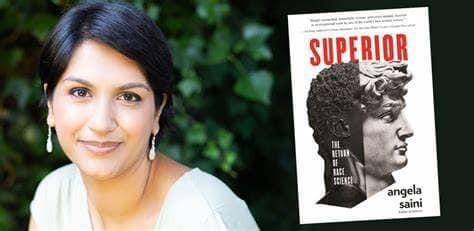In the article below a range of The Privilege Café members share how they first heard about The Café, why they attend, its importance in their lives and to wider society.
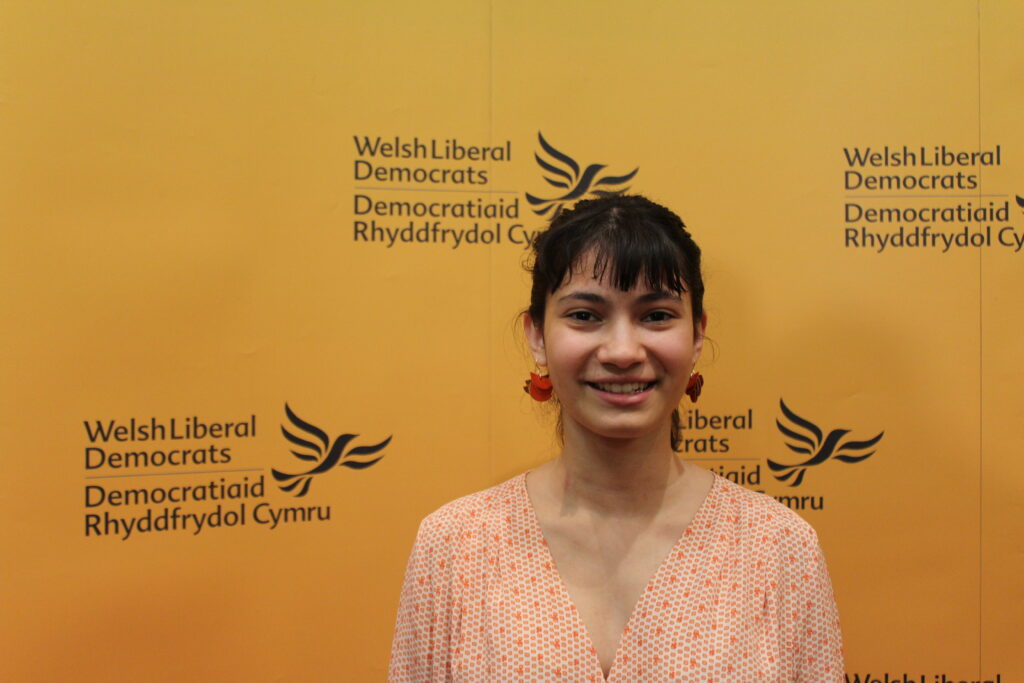
Hi Leena, can you give our readers some background information on yourself, please?
Of course, my name is Leena Sarah Farhat and I am the Diversity Officer for the Welsh Liberal Democrats as well as a candidate for the Senedd. I am 22 and have just finished a degree in Computer Science at Aberystwyth University. I am hoping to be a change-maker in Wales and beyond.
You have previously spoken at or attended The Privilege Café, The Café is advertised as a place to discuss all things privilege. For those who have not yet attended how would you best describe The Café and its work?
Privilege is a loaded word and is becoming superfluous. I would say that the Café is a space for people to try and unpack privilege through thematic lenses. Each week is a new topic and these topics are vehicles to come to conclusions on privilege. I would urge everyone to join the chat because there will be a topic for you.
How did you first learn about The Café and why do you attend?
I saw it on Twitter! I followed Mymuna Soleman (The Director of The Privilege Café) already and I had watched her and many others get frustrated with ethnic minority discourse in Wales as well as people not understanding privilege. I related to that as a young woman who is a minority ethnic and in fields where people like me are hard to find. You can feel really isolated and like you are screaming into the void. I also recognized my privilege, being lucky to be educated as well as sit on Boards. I wanted to play my part to use my privilege to elevate others and see them succeed and so I went to the first-ever one and was hooked!
Is there a specific Café that stays with you and why?
I think the one that I was lucky enough to speak on. We tackled the topic of Whiteness and Welshness. I was so used to being the only person in a room who would think about this topic so it was surreal having a range of other people who shared my experiences. For a second, I felt a bit less alone in Welsh public life. I learned a lot for the other speakers and have implemented it into the work I do.

It’s evident that the work of The Café is hugely important, how would you like the work of The Café to develop?
I would love to hold the Café both in physical locations and online events. I would love to see Mymuna host discussions far and wide, she is an absolute powerhouse and she has brought us together to make change. We have to do that together and everywhere.
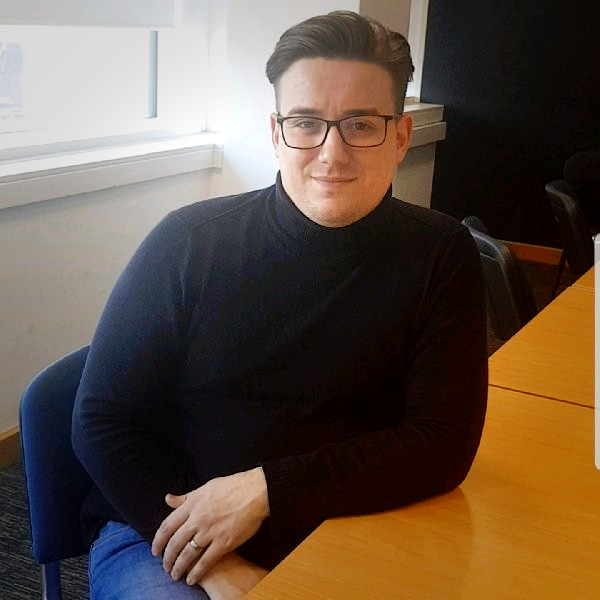
Hi Henry, great to meet you, can you give our readers some background information on yourself please?
Sure, my name is Henry Field, I’m a recruitment manager and have been in the sector just shy of 7 years.
You have previously spoken at and attended The Privilege Café, The Café is advertised as a place to discuss all things privilege. For those who have not yet attended how would you best describe The Café and its work?
The Privilege Café is the education around issues faced by, and a platform and voice for Black, Asian and Majority Ethnic people that has been needed for a very long time. It’s a place where BAME community members can feel safe in sharing their experiences, where speakers from different sectors can share knowledge and where we can start to break down barriers and build new foundations for relationships moving forward.
How did you first learn about The Café and why do you attend?
I was a speaker at my first Café, I saw they were asking for recruiters in Cardiff to get involved and speak about bias and how to stand out as an applicant. I attended because I thought I was aware of the issues faced by black professionals getting jobs. I was wrong. Although I was aware of unconscious bias, and able to provide a recruitment service that was inclusive – I had no idea about how big the issue is in Cardiff alone, especially for people living in Butetown and Grangetown.
I was one of 3-4 panel members, with differing views on how we can ensure opportunities are being given where possible. It was Wasim Said from TigerBayABC that asked the question that has stuck with me. “Recruiters and companies will come to these things regularly, especially our recruitment events held in community hubs. You come in, you speak to a few people, you get your pictures for LinkedIn and your website – Then we hear nothing else, Few end up with interviews and less end up with jobs – How are you going to be any different?”
That question had an effect on me I don’t think Wasim realises. He was absolutely right of course, I thought I was just going to be a speaker, share my knowledge and be on my way. It was on that call I made the conscious decision to attend all sessions that I could, including those that as a recruiter, I didn’t think were ‘Relevant’ to my role. After a couple of sessions learning more about the lack of education around history involving black communities in Wales and the issues still faced with racism in the police force in the UK,I realised just how little I knew, and how different my life experience and opportunities have been to people living so close to me. I really understood what privilege felt like.
A bit of a long answer, but I attend because of that. I want to learn, and be a positive ally.
Is there a specific Café that stays with you and why?
Other than the one I spoke at, for the reasons above, the café that sticks with me most was the one around policing within the UK. Hearing how black children need to be warned to always leave the shop with a receipt, always turn out their own pockets when being searched, always make sure they smile at police officers as they walk by – This is information I have never needed to be given. As a white man, If I have the choice not to print a receipt at self-service, I don’t because I feel I’m saving paper, I’ve never been stopped – I never considered such a small action could cause trouble for someone with darker skin. I’ve only ever been searched once in an airport, and that was because me and my partner were at the back of the queue and I think they had to just pick someone. Again, this café made me realise what a privileged life I have.
It’s evident that the work of The Café is hugely important, how would you like the work of The Café to develop?
It probably comes as no surprise that my response here will be recruitment related. I would like to see enough HR professionals, and enough business involved to be able to put on a careers fair different to previous. I would like to see a careers fair attended by decision makers and hiring managers that, as long as the skillset is there, interviews can take place on the spot in another room and real action can be taken to improve the opportunities available to BAME communities.
Thanks for your time
Thank you for the opportunity to share.
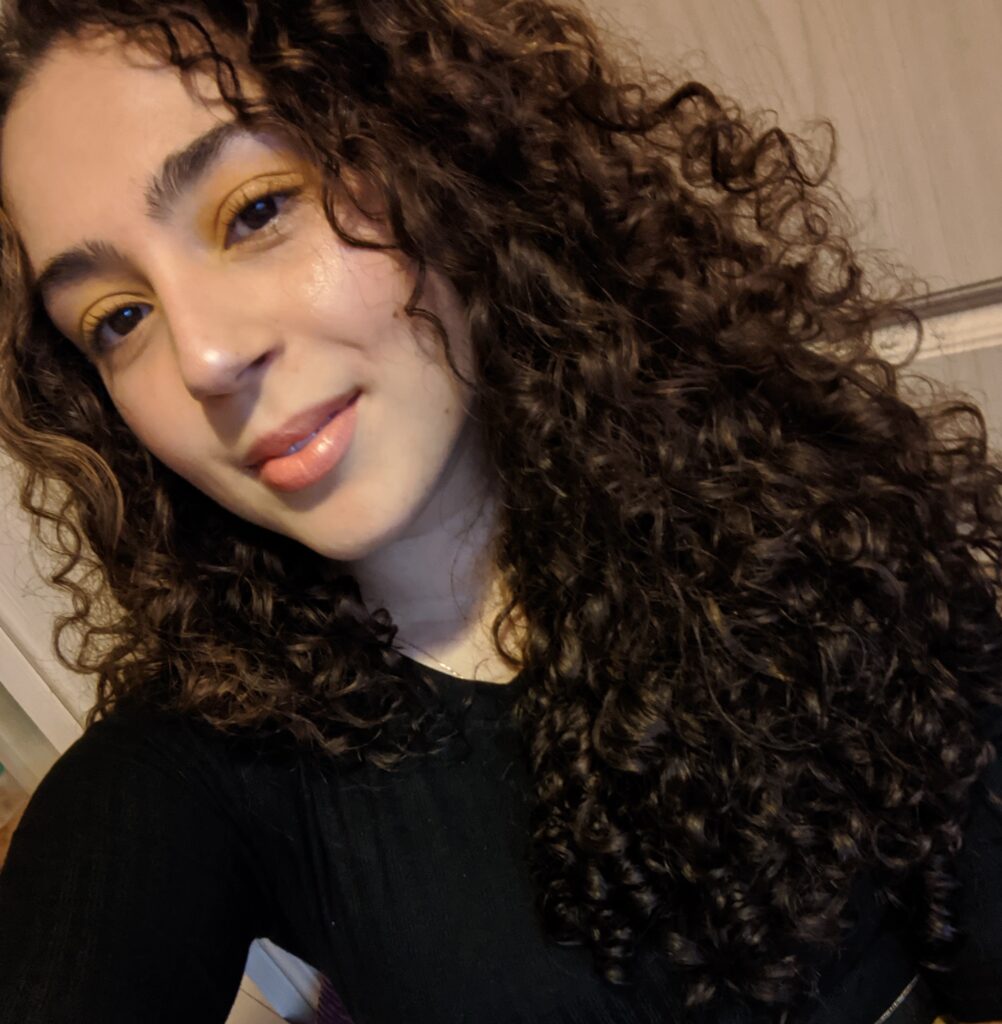
Naila Missous
You have previously spoken at or attended The Privilege Café, The Café is advertised as a place to discuss all things privilege. For those who have not yet attended how would you best describe The Café and its work?
I would describe the space as a hub of learning, relearning and application. The discussions had are not empty discussions; but rather, calls to action. Many things have come out of The Café, including courses that members are offering, Patreon support and for myself personally; making connections with other attendees so that we can work together on anti-racism and global citizenship workshops in education. It is also very Wales based, which is great as someone who lives in England as it has been an extra step in my learning.
How did you first learn about The Café and why do you attend?
I first learned about The Café on Twitter, when there was a call out for a speaker with a Linguistics background for one of the earlier sessions. I tweeted by interest, and have been attending ever since as both a speaker, and also listener.
Is there a specific Café that stays with you and why?
I have enjoyed all sessions, as mentioned above, each session is a learning journey. I in particular enjoyed the session entitled, “Guilty before Birth” about those in the prison system; as it was a topic I was not well versed on yet learned so much.
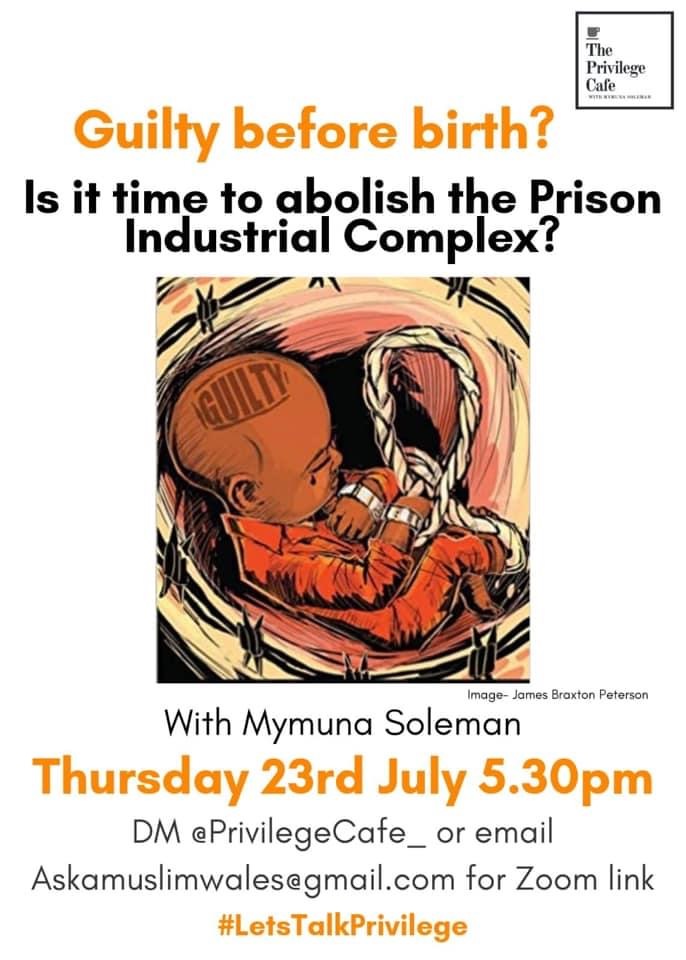
I also enjoyed the “Labels, Language and Linguistics” as this was the first session I ever attended, as well as my first attendance as a speaker. I was unsure as to what to expect as a speaker, given that I am passionate about this subject. The feedback has and still is amazing, and I am forever grateful to the members of the cafe who are supportive, open and always willing to better themselves.
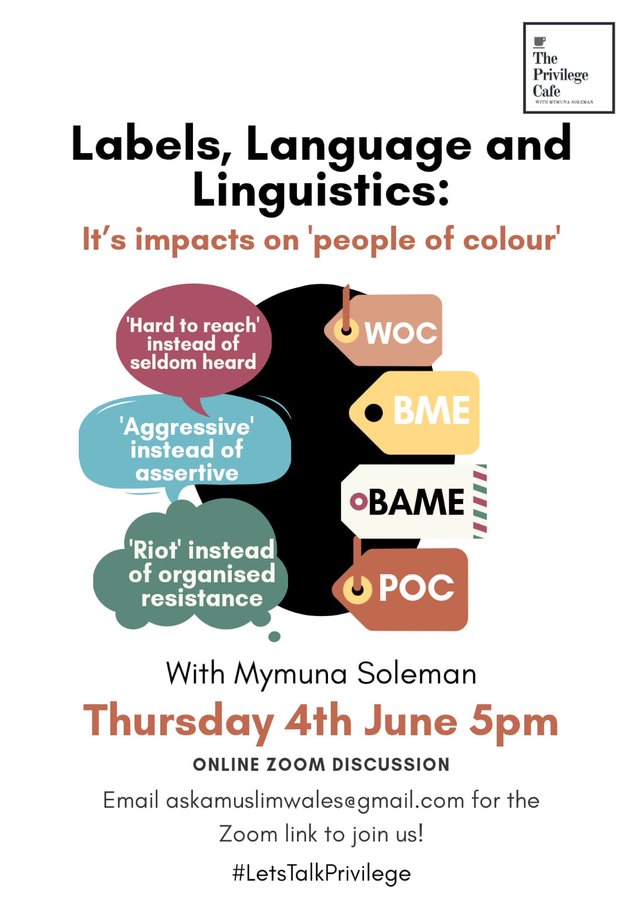
It’s evident that the work of The Café is hugely important, how would you like the work of The Café to develop?
It would be great to create connections and sub cafes across the UK.
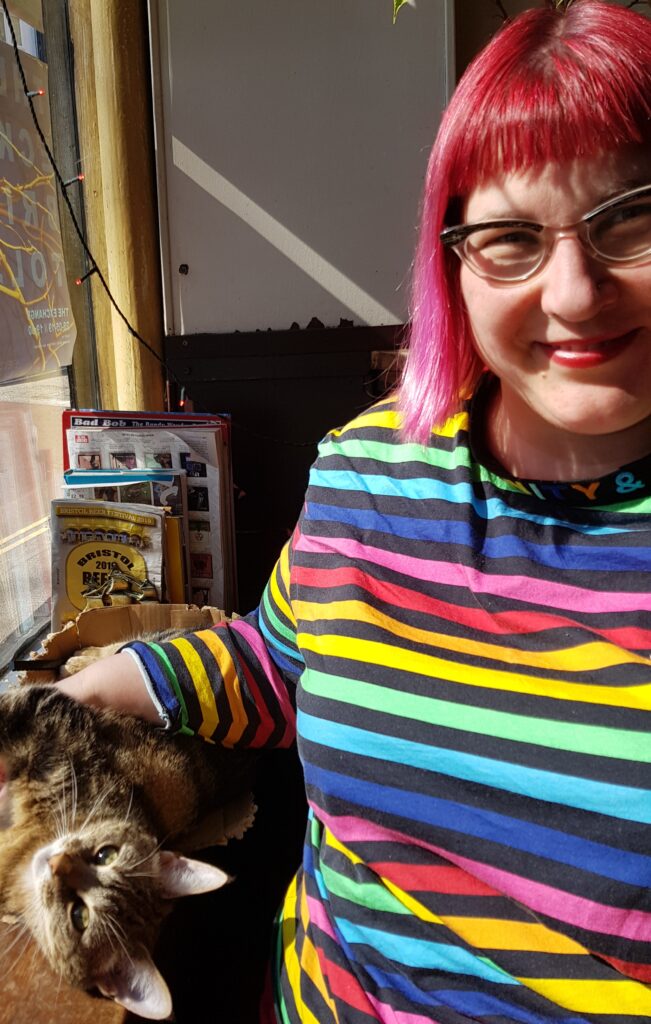
Hi Claire great to meet you, can you give our readers some background information on yourself please?
My name is Claire Vaughan, I’m originally from Tintagel in Cornwall and spent time living in the USA, but have lived in Wales for many years. I moved to Cardiff nearly 20yrs ago and worked in various jobs (including call centres, accountancy and a youth hostel) before joining Chapter Arts Centre in 2005. In 2012 I joined the Cinema department doing talks and organising events and became the Programme Manager for Cinema in 2018. In 2018 I began the Shift Cardiff Research and Development Art Space in the Capitol Centre with Jon Ruddick and Pria Borg-Marks which gives space for artists time to work and develop their practice with us. I am a White, cis, Queer woman who lives in Grangetown with my partner and my cat and I have three nieces – two who live in Wales, one living in Germany. I don’t come from a rich background – my mum was a cleaner, my Dad was a carpenter and they really struggled financially at times, but I was incredibly lucky to live at a time when education and travel was easier and so in many ways I am incredibly privileged.
You have previously spoken at or attended The Privilege Café, The Café is advertised as a place to discuss all things privilege. For those who have not yet attended how would you best describe The Café and its work?
Attending The Privilege Café is like being at a big, welcoming community centre where you come to listen to discussions about the world we live in where the conversation is being directed by Black and Non-Black women of Colour. The topics are timely but also cover all kinds of aspects of life – from Mental and Physical Health, national identity, History and Culture. Everyone is expected to come with an open mind and an open heart so we can learn from each other and try and make our world somewhere everyone can thrive no matter what their background or colour of their skin. As a White person entering this space you might get to consider perspectives that you’re not used to hearing, so it can be challenging but really educational and illuminating. The people who are invited to speak at The Café feel safe enough to be really honest, so you may hear stories that shock you and make you question your own behaviour – have you considered these experiences in this detail before? As White people the level of racism in our society can be difficult to grasp, as we don’t deal with the relentless experience of being judged by society every time we step out of our door. Similarly, hearing from White people is useful – how do we feel about these discussions and how do we find it difficult to help? The people speaking at The Café are offering up their real lived experiences and research to help us come to terms with how our society works so it’s important to respect and feel gratitude that they are giving up their time so we can all work on this together. Even those of us who have experienced really difficult times have some things to be grateful for, some level of privilege. Attending the Café and hearing from all kinds of people makes us more mindful of that.
How did you first learn about The Café and why do you attend?
Theatre practitioner Catherine Paskell set up a wonderful discussion early in Lockdown to discuss inequality in the Arts in Wales and I met Mymuna through that. She heard people talking about the issues and thought it would be good to have a follow up discussion on White Privilege since it seemed to be not very well understood. Mymuna doesn’t have an Arts background so I probably wouldn’t have come across her work otherwise as the majority of people I meet are through the Arts these days. I found my thinking being challenged really useful. It reminded me of the discussions we had in the Imagination Symposium with Gentle / Radical and the warmth of the BME Woman’s Club. In the past couple of years I’ve met the fantastic Keith Murrell (Cardiff Bay Carnival); Yvonne Connicke (Cinema Golau), Kyle Legall through Cardiff Animation Festival; Yasmin Begum (whose encyclopedic knowledge always blows me away) – I’m kind of taken aback that I’ve only become aware of the work of some of these wonderful people in the past few years, it demonstrates how segregated the Arts is here in Wales.
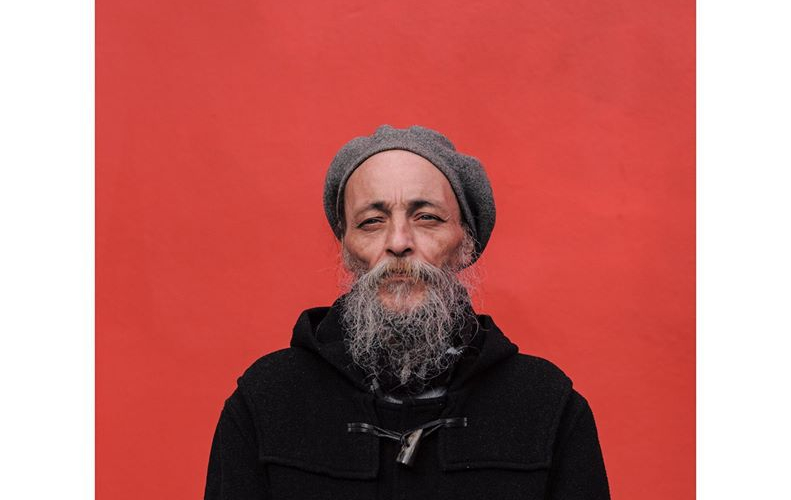
Keith Murrell 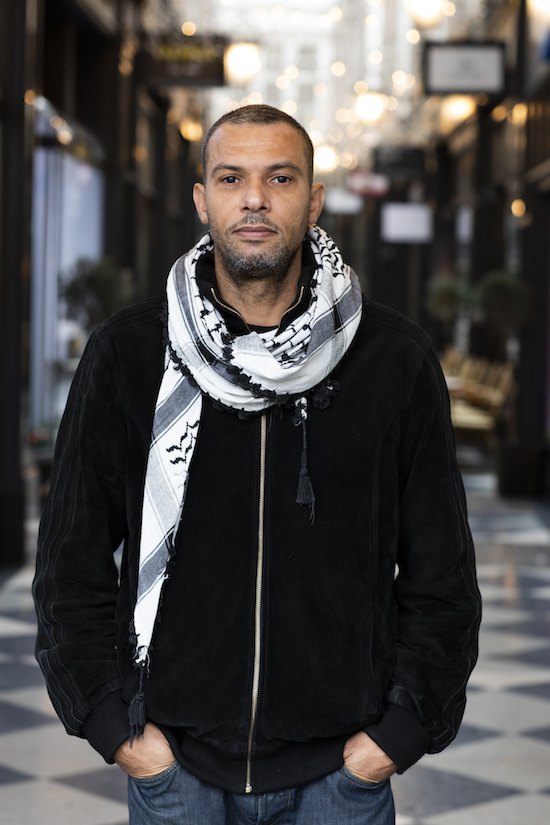
Kyle Legall 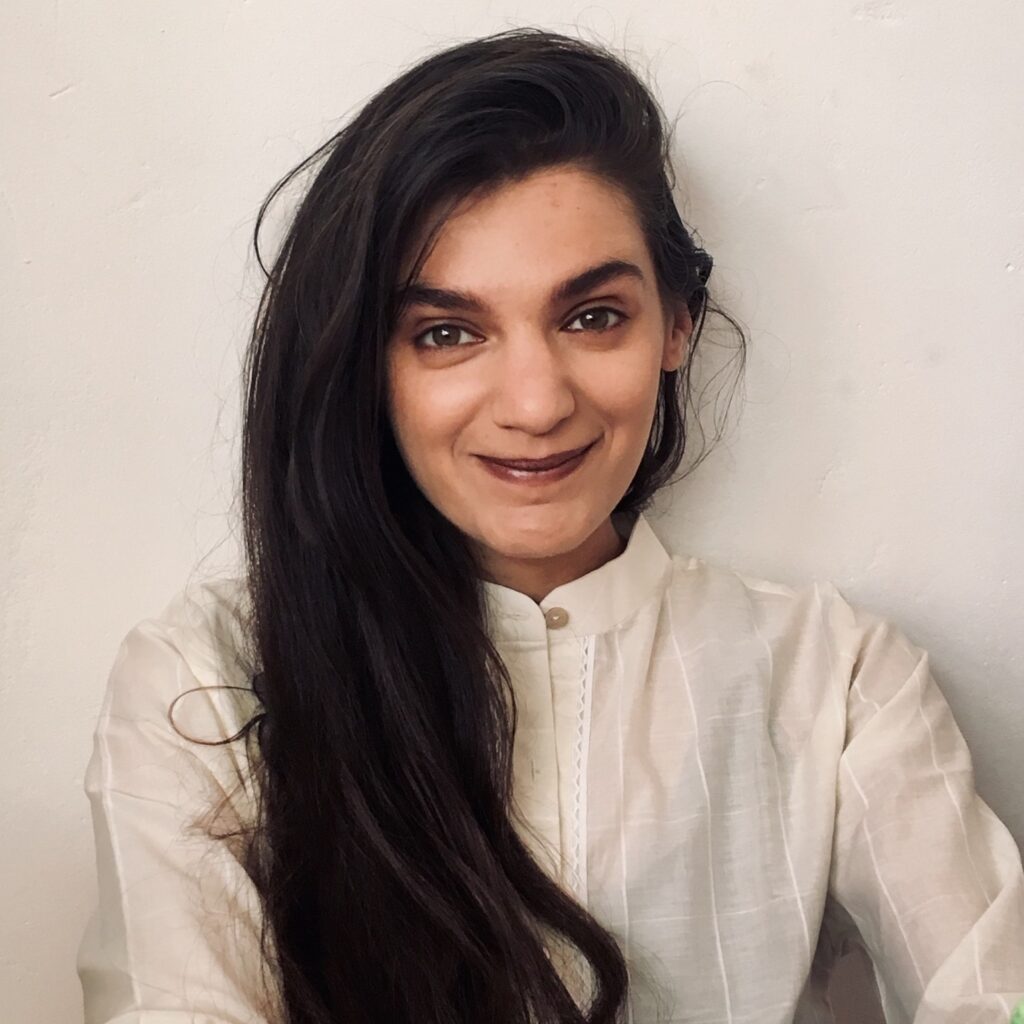
Yasmin Begum
It isn’t enough to say that groups of people are ‘hard to reach’, there is a whole load of exciting work going on getting almost no exposure or funding. We need to work on addressing that. But I don’t attend because of work, I think everyone, no matter what your background or interest has something to learn. It’s up to all of us to make this world better, it’s something I really believe in.
Is there a specific Café that stays with you and why?
I think the story is that effected me most deeply was in one of the first sessions. One of the speakers, a Black Science academic was talking about her first day at University and how she was sat in the lecture hall and no-one came and sat with her, no one tried to befriend her. It stopped me in my tracks because I remember those days so well and how nervous you feel in that situation and I don’t know if at 18 I’d have behaved any differently. I think you seek out people who look like you when you’re new to something and nervous, which was easy enough for me at that age because there were plenty of White women in my lecture room. That simple moment of sharing something painful helped her talk to others about similar experiences and I got a chance to reflect on this and be more mindful of how I am in social situations. It stung, it made me ashamed because it made me consider my unconscious bias but also spurred me on to make sure that I attended as many of the sessions as possible because everyone had a story that made me think differently.
It’s evident that the work of The Café is hugely important, how would you like the work of The Café to develop?
The knowledge passed on by Abu-Bakr Madden Al-Shabazz every week when he talks about the history of Black and Non-Black People of Colour around the world is essential, I’m really glad that he’s started a Patreon (https://www.patreon.com/user?u=39306141) so we can have a history lesson that covers something other than the World Wars, which is all I remember being taught.

I am also glad that Mymuna has started a Patreon (https://www.patreon.com/PrivilegeCafe) because I would like to see her and her speakers invested in by the community. We need to tackle the crisis in funding for public good in the UK (including the Arts and Education) but progress can be slow and people need money to help plan and create now, not in 5 years, so alternative funding is important to donate to. I would like to see publicly funded organisations and councils around Wales to support these initiatives, so it’s not just spread by word-of-mouth in the capital because these aren’t just issues in Cardiff. As a country we are becoming more confident and we need to press on with progressive ideas to help create a better, more inclusive country. More forums where people can talk about their experiences and ideas in every part of the country from all kinds of backgrounds, from rural areas, towns and cities, is needed so we can build up a better future. Wales has welcomed me and I wasn’t born here, it is upsetting to see Black and Non Black Welsh People of Colour not given similar opportunities. Mymuna has made a huge investment in all of us, an investment in hope, by starting The Privilege Cafe. I want Wales to live up to her belief in us.
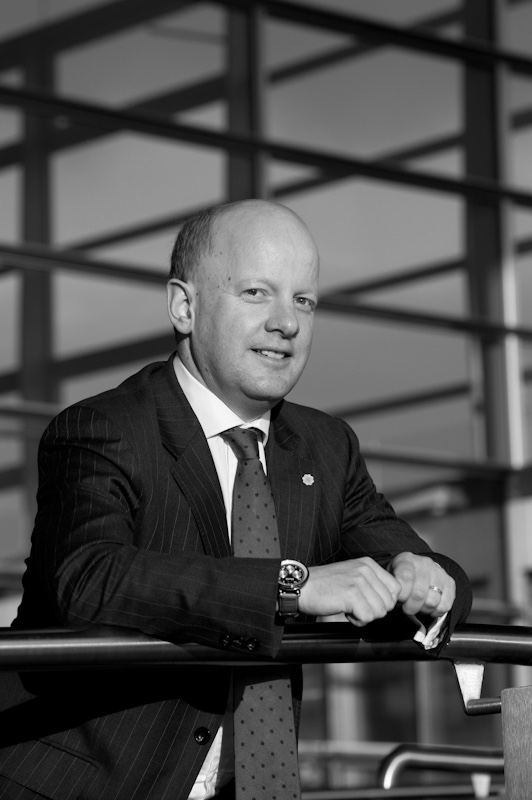
Hi Dafydd great to meet you, can you give our readers some background information on yourself please?
My name is Dafydd Trystan. I work in Higher Education in Wales for the Coleg Cymraeg Cenedlaethol. I live in Grangetown and I’m active in my local community. I chair governors at Ysgol Hamadryad the local Welsh medium school for Grangetown and Butetown, the most multi-lingual multi-ethnic Welsh school ever!
You have previously spoken at or attended The Privilege Café, The Café is advertised as a place to discuss all things privilege. For those who have not yet attended how would you best describe The Café and its work?
A real opportunity to listen and learn about some of the issues facing society today – in a supportive space.
How did you first learn about The Café and why do you attend?
I think I saw it first on Mymuna’s Twitter feed. I’ve seen some of Mymuna’s work before and its very impressive so I thought I’d go along. There were some topics that were / are of particular interest e.g. Do You Have to be White to be Welsh?
Is there a specific Café that stays with you and why?
Probably the one I mentioned on Welshness and Whiteness. It made me 100% convinced that we needed to do far more to ensure that Welsh speaking spaces are genuinely welcoming and open to all – and we’re not there yet. Following on from The Café, a group of us who spoke got together at Tafwyl and have subsequently presented to a Welsh Government strategy group.
It’s evident that the work of The Café is hugely important, how would you like the work of The Café to develop?
Carry on as it is – but probably needs some more organisational structure to ensure that the excellent conversations can build into action
Thanks for your time
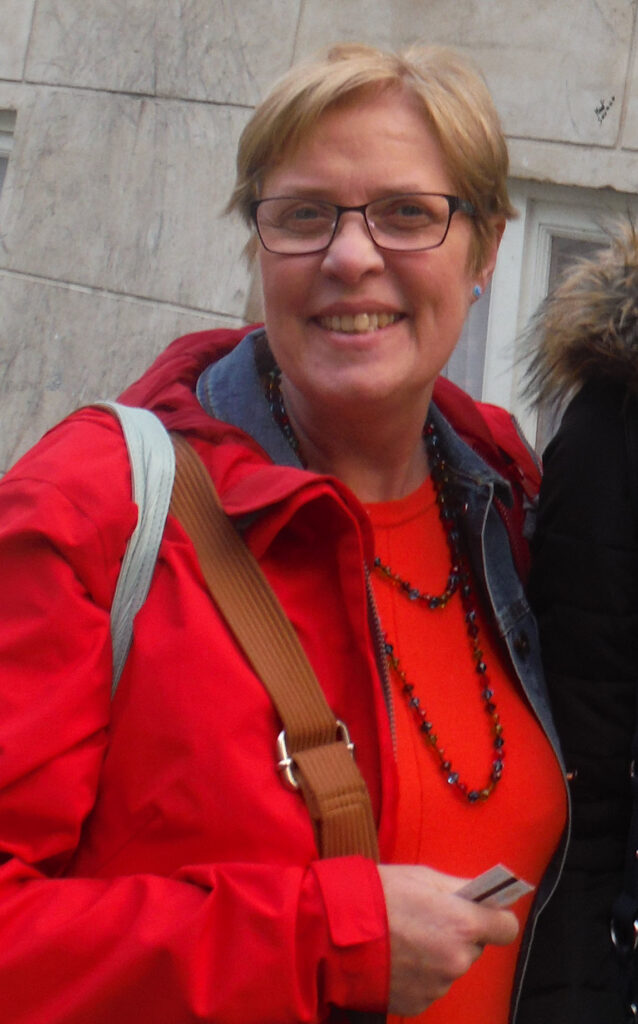
Rhiannon Barrar
Hi Rhiannon great to meet you, can you give our readers some background information on yourself please?
I have attended The Privilege Café many times. I have never spoken but sometimes have contributed to the chat.
You have previously spoken at or attended The Privilege Café, The Café is advertised as a place to discuss all things privilege. For those who have not yet attended how would you best describe The Café and its work?
I would describe The Privilege Café as a place where minoritized groups can safely talk about what it is like living in a world of white privilege and what changes in society must take place to eradicate racism. It has been a place to learn about Black history (and not just slavery). It is a place where white people can listen and learn and investigate their own sub conscious racism and how our system accepts being white as the norm and how they can use their white privilege to support minoritized groups achieve the eradication of racism.
How did you first learn about The Café and why do you attend?
I first learned about The Privilege Café on Twitter when I saw the very provocative title ‘ Does Welshness mean Whiteness. Ydych chi’n gallu siarad Cymraeg’. In the context of the murder of George Floyd, I found this title provocative and it made me question my own attitudes. It never occurred to me that being Welsh and Welsh speaking could be equated with whiteness. I had just never thought about the experience of being Welsh and Black for example. This session was very hard hitting and very challenging to me personally. It was like a road to Damascus.

Is there a specific Café that stays with you and why?
I am eternally grateful to Mymuna for setting up this forum. It is a revelation and an education. Everyone should attend. It challenges you to find a way to do something about racism. Although each session is very well attended and a wide range of ethnicities, I think the challenge is to reach out to socially deprived areas of the country. Many of the speakers are successful professionals. What about reaching out to the unemployed and homeless for example?
It’s evident that the work of The Café is hugely important, how would you like the work of The Café to develop?
It would be good to explore the origins of racism from a scientific point of view. Where has this idea of race come from? I am reading ‘Superior – The Return of Race Science’ by Angela Saini which explores this question.
